Awakening to the Silent War: Unveiling the Hidden Ethnic Cleansing in Los Angeles
- oganes karayan
- Aug 2, 2025
- 3 min read
Updated: Aug 19, 2025
Some of you might hesitate to say it. Some of you still don’t want to confront it. But it's time.
An ethnic cleansing is unfolding in Los Angeles. It's slow, calculated, and neatly packaged as development and progress, all while disguising a harsh reality.
When rich cultures are bulldozed to make way for luxury condos, we aren't merely building structures; we're dismantling communities. Leaving behind vacant luxury apartments while families are driven out is not a sign of progress. It's crucial to question who benefits from this transformation and why it's happening.
This urban shift comes with a heavy toll, often paid by long-time residents who have called Los Angeles home for generations.
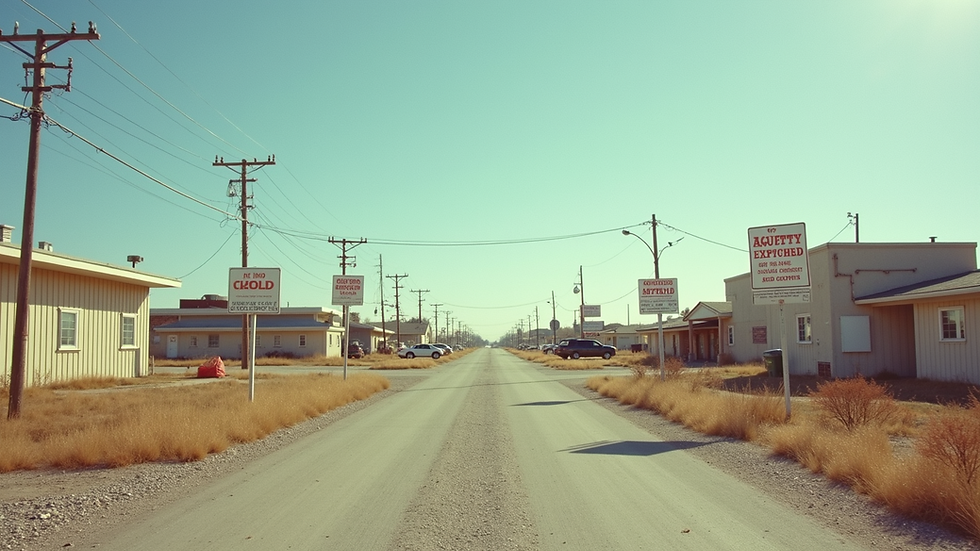
Understanding the Landscape of Displacement
Let's take a closer look at what's really happening.
Imagine strolling through neighborhoods once alive with music, laughter, and stories—a rich blend of cultures woven into the fabric of society. Now, as technology companies expand rapidly across the city, who is being pushed out?
These developments often come with shiny wellness parks and bike lanes, attracting the upscale urbanite. But beneath this polished facade lies a troubling agenda.
Is it true progress when a community's identity is sacrificed?
The answer reveals itself in the chaos: the sound of sirens, the rising fences, and the mass displacements.
The Disguise of Development
Branded as “revitalization,” the language we use around these transformations sanitizes the harsh truths behind them. Development sounds positive, yet what is it worth when it leads to families being displaced?
Consider long-time residents who have built their lives in these neighborhoods, only to learn they no longer belong.
It’s not solely about rising rents; it’s about roots, identity, and preserving cultural legacies.
Revitalization should mean honoring heritage while planning for the future. Too often, it simply erases the past, promoted under the banner of progress.
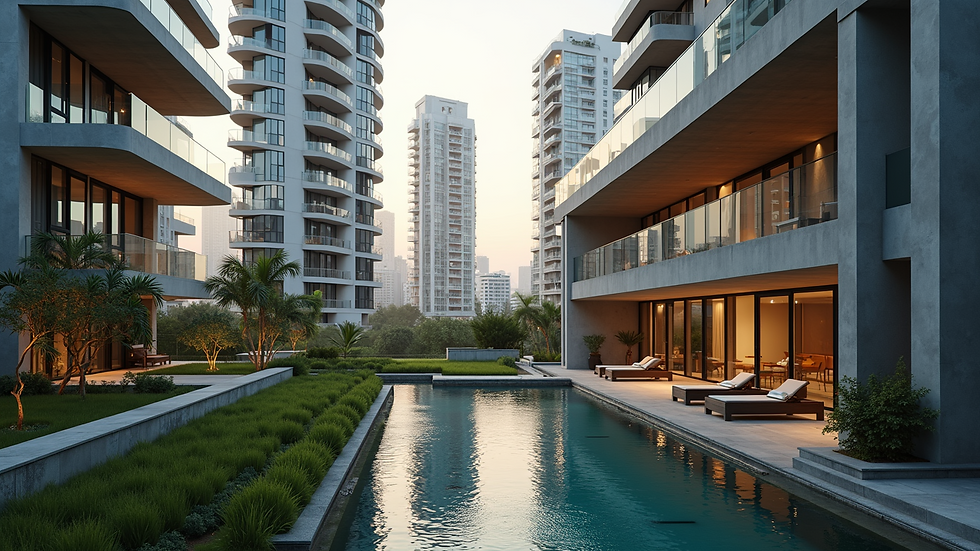
Silence in the Face of Injustice
What’s most troubling is the silence surrounding these issues. Many choose to turn away, believing ignorance is easier. This complicity permits oppression to thrive in a city renowned for its diversity.
Some may shy away from using terms like “ethnic cleansing” because they feel too harsh for polite conversation. But it's vital to confront the narratives constructed by those who profit from displacement.
Look beyond the headlines and press releases designed to obscure the facts. Underneath, a painful story unfolds—one that jolts the heartstrings of a city built on diversity.
The Awakening
Despite the growing numbness, not everyone is oblivious. Many of us are awakening to the truth.
We remember neighborhoods that nurtured creativity, cultural heritage, and community ties. We refuse to stay silent.
Awakening demands action. It's about standing up for families forced from their homes and revealing the truths hidden behind construction barricades.
Our definition of resilience includes every individual who stands firm against displacement—not just those with the loudest voices.
The Power of Community Voices
In the face of this ongoing violence, community organizations and activists are rising to the challenge, sharpening their advocacy skills.
These groups refuse to let their stories fade into obscurity.
When communities unite, they can drown out the noise of silence.
By mobilizing, educating, and advocating for the affected, we can collectively challenge this cleansing process.
Bring your voices forward. Share your stories. Amplify the experiences of others.
It's about more than just buildings; it’s about respecting our shared heritage and identity.
The Future We Can Build Together
What can we do to make a difference?
Start by listening and engaging. Attend community meetings, join local organizations, and reach out to your neighbors.
Every action matters, and often it initiates with a simple conversation.
What if we unified to demand that development looks beyond financial gain to also prioritize cultural preservation?
The answer lies in collaboration. It’s time we reshape our future to honor the history and diversity of Los Angeles. Together, we can create a city that values its roots while embracing progress without leaving anyone behind.
Making Our Voices Heard
This silent war has waged on for too long, and now is the time to raise our voices.
Let’s reject this sanitization of culture under the guise of development.
This fight is about our homes, our families, and our identities.
In these shifting times, remember: we are not just battling for rent—we are fighting for our survival, our stories, and the future of our communities.
Some of us are choosing to be heard. Will you join us?
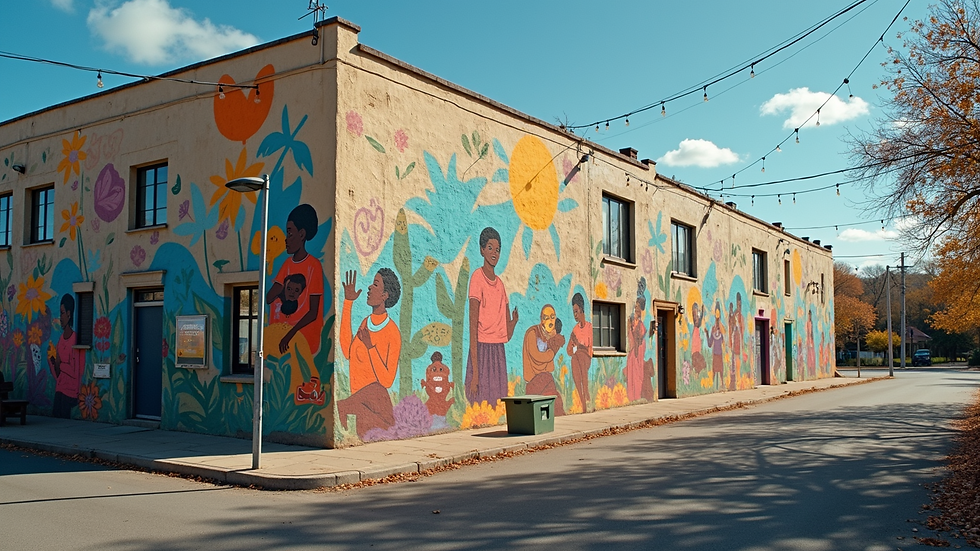




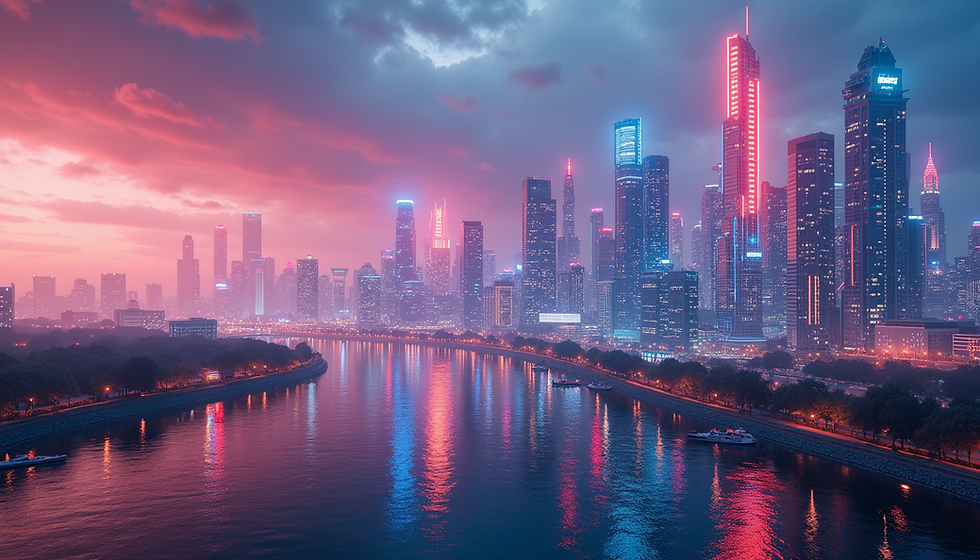
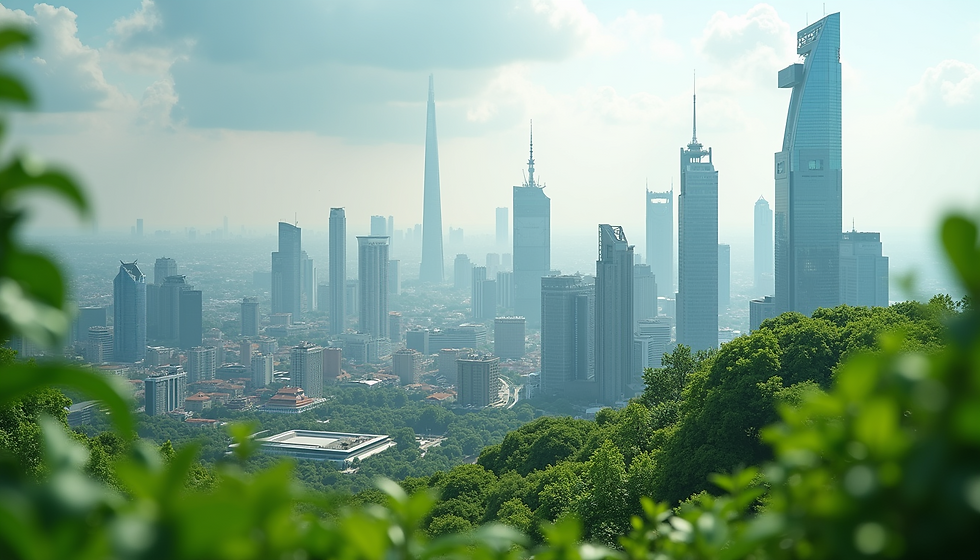

Comments